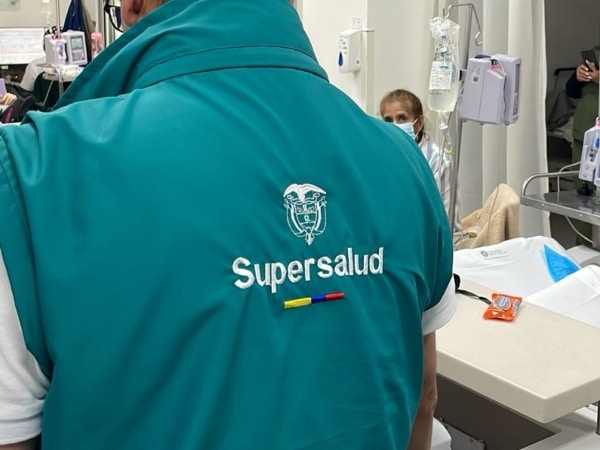Was the discovery of 11,855 units of medication by the Supersalud in the Colsubsidio Drugstores warehouses significant?

In a press release, the Superintendency of Health (Supersalud) reported on Tuesday, July 15, that it had imposed a precautionary measure on Droguerías Colsubsidio after conducting a simultaneous visit to two of the pharmaceutical company's warehouses and finding 11,855 units of medications included on the list of those pending dispensing.
The visit was made to two pharmaceutical establishments located in Plaza Central (which dispense medicines to members of EPS Sura and EPS Famisanar), and to the Drug Distribution Center (CEDI) located in Funza, which distributes medicines nationwide (except for Antioquia).
"Furthermore, discrepancies were found between the physical availability of some medications and the data recorded in the information system; as well as the lack of units for 10 of the 27 preselected medications used for conditions such as cancer, chronic kidney disease, transplants, and diabetes. This means that 37% of the audited medications were not available at the CEDI," the Supersalud Department of Health details in a statement.
In this regard, the oversight body issued an administrative order to Colsubsidio requiring the delivery of these documents within 48 business hours of notification.

The Supersalud audit of Colsubsidio was conducted on July 15. Photo: Supersalud
However, EL TIEMPO learned that the 11,855 pharmaceutical units (tablets, ampoules, capsules, etc.) related to the visit of the National Health Superintendence corresponded to medications in transit for dispatch to pharmaceutical services , which are part of the natural supply cycle, from delivery by the pharmaceutical laboratory to its distribution in drugstores.
This newspaper learned that "some of these available units correspond to medications that require a measure of care called narrow pharmaceutical margin."

Medications Photo: iStock
This means that once a patient begins taking a specific brand, they must continue taking the same brand to avoid health risks. Therefore, the pharmaceutical manager cannot change the brand of these medications without prior medical authorization .
This is not a commercial limitation, but rather a safety measure to protect the patient's health, according to information obtained by this newspaper.
"These units do not represent a representative inventory level, considering that the monthly demand for medications for the molecules referred to by the Superintendency exceeds 2 million pharmaceutical units," the report states.
eltiempo




